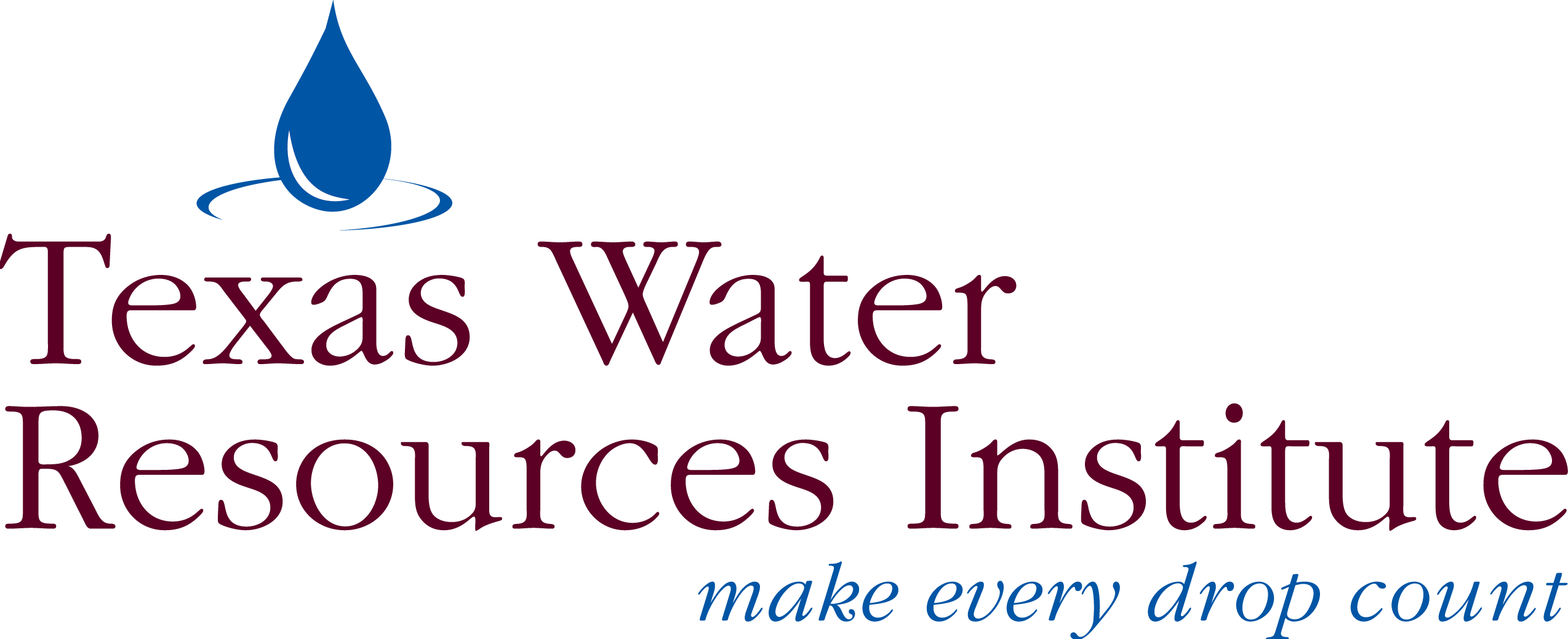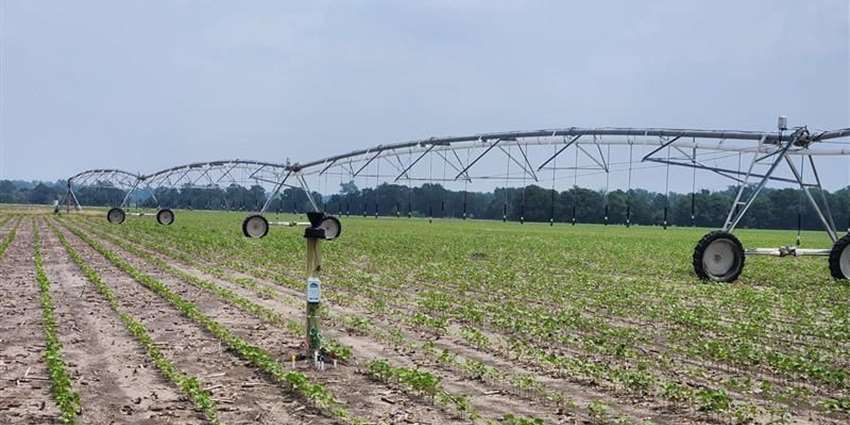Agricultural producers in Milam and Burleson counties have access to a new tool in their water-conservation toolbelts: low-cost to no-cost smart irrigation and soil-moisture sensors. This new irrigation program is provided by the Post Oak Savannah Conservation District (POSGCD) and implemented by the Texas Water Resources Institute (TWRI).
The program gives farmers an opportunity to use soil moisture sensors and smart irrigation technology resulting in reduced costs, increased crop yield and water conservation.
“They are not losing anything by adapting this, because they are getting the equipment free with a five-year subscription already paid,” said TWRI Program Specialist Saboor Rahmany. “Landowners and farmers can use these sensors and produced datasets for decision making, and they are not required to report to someone. It’s a tool for their ease and decision making.”
After five years, if they want to continue using this technology, they will only have to pay a subscription fee.
These sensors help farmers go beyond traditional irrigation knowledge, which is typically limited to visual sense and surface soil moisture, he said. These traditional practices give a limited representation of the soil that can lead to over-watering or under-watering, both of which stress the crops.
The sensors measure soil moisture at various depths to help farmers determine the sweet spot for watering. By watering only when necessary, the farmers can save money and increase yield due to reduced crop stress, says Rahmany. Preventing overwatering also has environmental benefits, such as conserving water, reducing soil degradation and decreasing runoff.
Free training workshops are available to learn more about the sensors and how to use them. On July 15, TWRI and POSGCD held the first training to stakeholders in two parts. The first part of these workshops was an irrigation training, which could help even experienced farmers by covering new innovations in irrigation technology and new research-backed practices.
The second part of the workshop was a demonstration site with three types of soil moisture sensors, allowing the farmers to see the sensors in action. The workshop closed with an open discussion so the farmer participants could discuss the uses and options for the sensors in their operations.
“The farmers didn’t have to envision this imaginary aspect. They saw the sensors in the field. They saw the results, the data and the platform. So they could link the theory with practice,” Rahmany said.

The program is currently open for farmers who have irrigated crops in Milam and Burleson counties and will provide installation help and ongoing support to sensor users. Rahmany hopes that farmers will adopt this technology, allowing the program to expand and have a wider impact.



